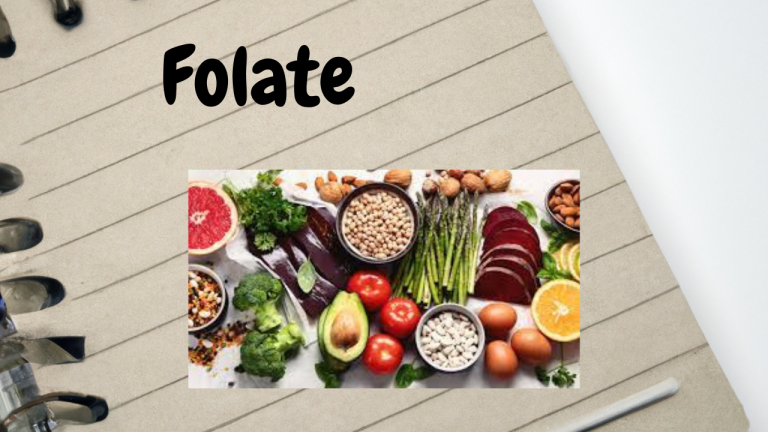Diet Plan For Pregnancy

A healthy pregnancy diet will promote your baby’s growth and development. Understand which nutrients you need most and where to find them.
During pregnancy, the basic principles of healthy eating remain the same — get plenty of fruits, vegetables, whole grains, lean protein, and healthy fats. However, a few nutrients in a pregnancy diet deserve special attention.
Diet Plan For Pregnancy
Pre-Breakfast
4-6 pieces of dry fruits (cashew nuts, almonds, and raisins)
Breakfast
Moong dal chilla-3
mint/coconut chutney -2 tsp
Mid-Morning Snacks
Banana milkshake-1 glass
Lunch
Multigrain roti-2pcs
Mixed vegetables- 1 bowl
Cucumber salad
Moong dal
Evening
Vegetable/ Tomato soup
Dinner
2-pc plain ragi dosa
Sambar
FOODS TO EAT WHEN PREGNANT
Dairy products, especially yogurt, are a great choice. They help you meet increased protein and calcium needs.
Legumes are super sources of folate, fiber, and many other nutrients. Folate is a very important nutrient during pregnancy.
Sweet potatoes are an excellent source of beta carotene, which your body transforms into vitamin A. Vitamin A is important for the growth and differentiation of cells in your growing baby.
Salmon contains the essential omega-3 fatty acids EPA and DHA, which are important for brain and eye development in your growing baby. It’s also a natural source of vitamin D.
Whole eggs are incredibly nutritious and a great way to increase your overall nutrient intake. They also contain choline, an essential nutrient for brain health and development.
Broccoli and leafy greens contain most of the nutrients that you’ll need. They’re also rich in fiber, which may help prevent or treat constipation.
Lean meat is a good source of high-quality protein. Beef is also rich in iron, choline, and B vitamins, all of which are important nutrients during pregnancy.
Berries contain water, carbs, vitamin C, fiber, vitamins, antioxidants, and plant compounds. They may help you increase your nutrient and water intake.
Whole grains are packed with fiber, vitamins, and plant compounds. They’re also rich in B vitamins, fiber, and magnesium.
Avocados contain high amounts of monounsaturated fatty acids, fiber, folate, and potassium. They may help relieve leg cramps, too.
Dried fruit may be highly beneficial for pregnant women since they’re small and nutrient-dense. Just make sure to limit your portions and avoid candied varieties, to prevent excess sugar intake.
Drinking water is important as your blood volume increases during pregnancy. Adequate hydration may also help prevent constipation and urinary tract infections.
Important Tips
Even if you eat a healthy diet, you can miss out on key nutrients. Taking a daily prenatal vitamin — ideally starting at least three months before conception — can help fill any gaps. Your health care provider might recommend special supplements if you follow a strict vegetarian diet or have a chronic health condition. If you’re considering taking an herbal supplement during pregnancy, consult your health care provider first. Some herbal supplements might be harmful to your pregnancy.



